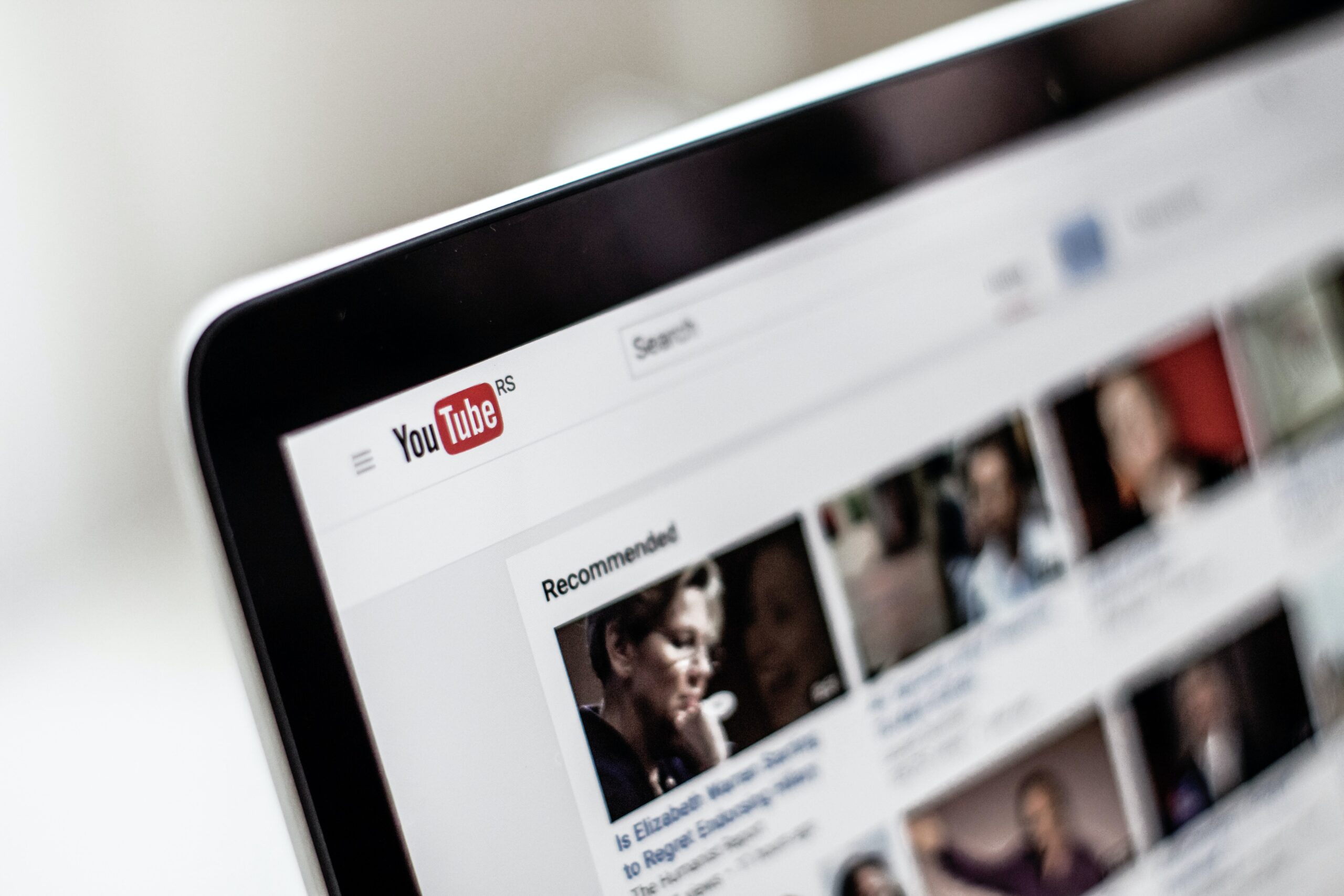Google reveals a large-scale phishing campaign aimed at YouTubers
- November 08, 2021

Google put out a report enumerating a phishing effort coordinated at YouTubers, which required around 15,000 phony records and over 1,000,000 messages to targets.
The phishing endeavors were completed by various programmers, and the organization says it’s recuperated around 4,000 records since late 2019. The aggressors weren’t simply attempting to get the creators to place their secret word into a phony site, however — they were attempting to taint their PC with malware that would take their login cookies, which is a substantially more concentrated assault than sending a link and trusting that somebody will get messy with their passwords.
The hack commonly worked this way: hackers connected with the YouTubers, professing to offer advertisement bargains advancing a VPN, antivirus program, or another programming on their channel. If the maker concurred, they got a link that, whenever clicked, would contaminate their PC utilizing an assortment of malware programs, generally intended to take cookies and passwords.
In light of the commonness of two-factor confirmation, regardless of whether through prompts, codes, or hardware keys, the cookies might have been a particularly important objective — hackers were taking a gander at the ones that sites use to store a client’s sign-in session.
On the off chance that the hackers got the YouTuber’s cookie, and had the option to utilize it before it terminated, they might have had the option to assume control over the channel, and possibly even change passwords to lock the legitimate proprietors out. Obviously, since YouTube accounts are attached to Google accounts, these sorts of assaults likewise gave attackers admittance to Gmail, Google Drive, Photos, and different administrations that were attached to that record.
This mission, and ones like it, could be a spurring factor in why Google reported recently that YouTube makers would be needed to turn on two-venture confirmation which makes having both a secret key and something like a telephone or security key a prerequisite for signing in, and why it’s parting with a huge number of safety keys to “high-risk clients” on a yearly premise. They don’t stop hackers who’ve assumed control over your PC, however, making the assaults more costly may assist with dialing them back.
Google’s likewise been battling the hackers in alternate ways, obstructing their messages and records, just as notice clients when they’re visiting a malignant site in Chrome. Yet, given the worth that makers’ records have, crooks presumably will not be prevented from attempting to get them — like the scam remarks that appear the whole way across YouTube, always developing phishing assaults will probably be a piece of life online for a long time to come.
